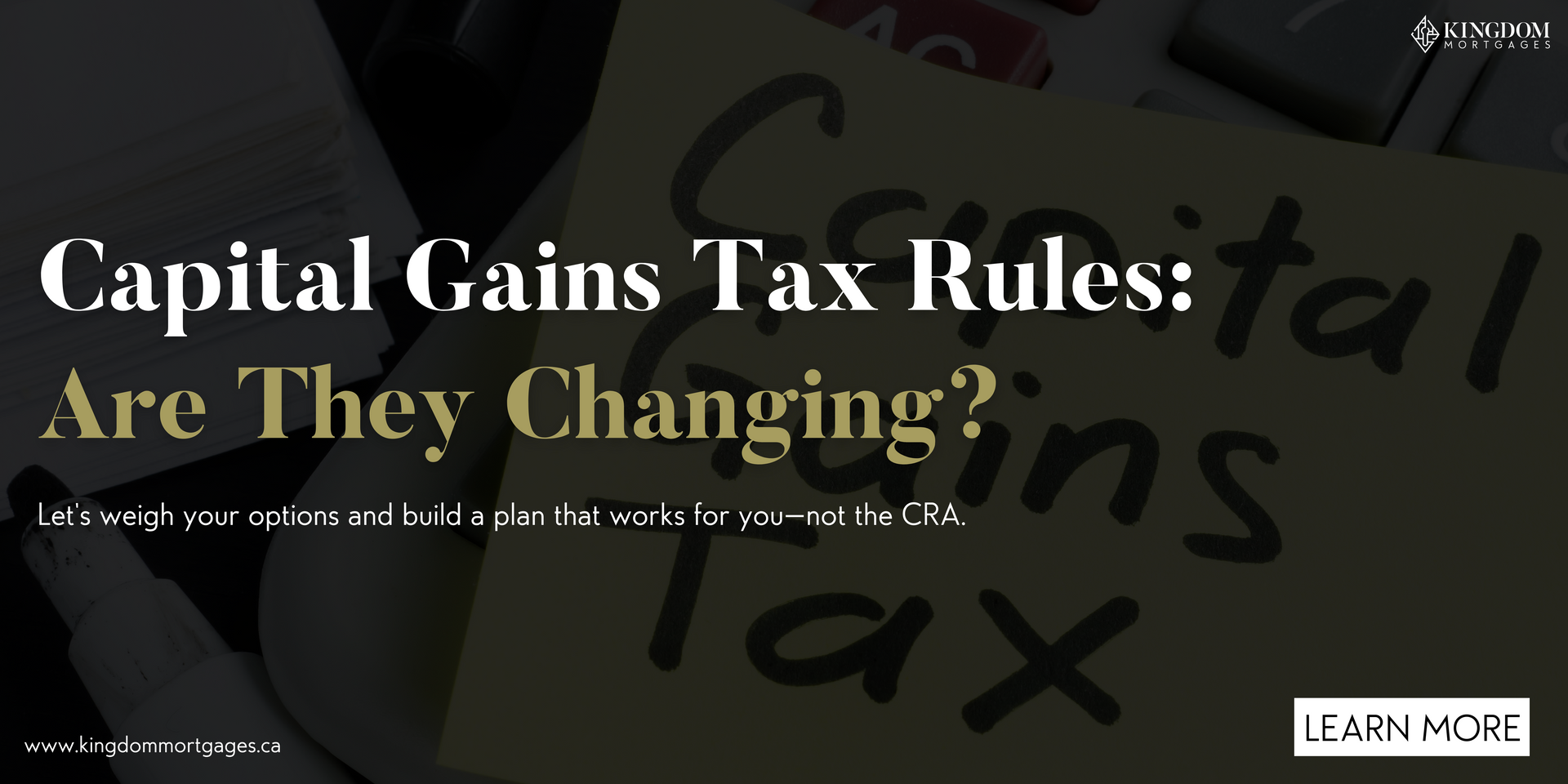Eight Useful Financial Tips for Young Adults Starting Life

1. Take Steps to Care for Yourself
Believe it or not, good health means good wealth. If you're healthy, you can work and save. If you're unhealthy, you usually cannot work and sink money into medicine and other treatments. By taking daily steps to maintain a good diet, a healthy weight, exercising and staying away from addictive substances, you can avoid paying exorbitant medical bills. You'll thank yourself down the road.
2. Develop Your Financial Future
Knowing how to keepa and manage money is a crucial skill that most people either ignore or pass on to somebody else in their lives. Instead of relying on advice from others, grab the bull by the horns and take charge. Read books and research online about personal finance. Now, granted, some people don't have a head for finances, but even if you hire someone to do it for you, how can you check if they did an excellent job if you know nothing yourself. Understanding how money makes the world turn is the first step in making your wealth work for you.
3. Practice Self Discipline
The best solution to avoid sinking financially, practice the fine art known as delaying gratification. The sooner you learn this skill, the easier you can to keep your finances in order. In other words, credit allows you to effortlessly purchase an item the very second you want it. Unfortunately, these seconds pile up, and suddenly you find yourself overdrawn and over-limit. And if you must pay interest, do you really want it to be for clothes and food? No doubt, credit cards are a convenient and efficient tool with many incentives. However, pay your balance in full when the bill arrives and don't use more cards than you can handle.
4. Keep Track of Money Flows
Monitor your outflows by recording each expense either in an accounting format or by maintaining a simple ledger. Use this data to identify where a small change can make a significant impact. For example, instead of buying your morning coffee from Starbucks, think about switching to a cheaper brand or having instant coffee at home. Seemingly insignificant costs add up over time and put a giant dent in your bottom line at the end of the month. Furthermore, make intelligent choices when it comes to recurring payments like rent and utilities. Instead of going for a luxury apartment now, afford a house later in life when you genuinely need it.
5. Recognise the Significance of Taxes
Accurately projecting your financial future depends significantly on your understanding of taxation. Knowing how much you lose in taxes at the salary negotiation phase will help you quickly recognise a lousy deal. Remember, any money you save will be after meeting your financial obligations from the amount leftover after tax. It might be feasible for you to learn tax accounting to avoid the pitfalls of trusting someone who doesn't have your well-being and best interests in mind.
6. Start Saving for Retirement
Generally, saving is a long term activity with a relatively safe return. Small amounts compound throughout your career, and you end up with a sizeable nest egg and the option to retire early. You can even add to that amount every year and speed up the process.
7. Make Smart Investments
So far, we have discussed tips that revolve around saving money. Now here, we recommend that you spend your wealth wisely. The debate around saving vs investing has gone on for ages. On one side, holding money in a bank ensures a safe return, but inflation reduces the purchasing power of those saved by the time you need it. On the other hand, investing well can generate returns that grow with the economy, potentially ballooning your wealth. However, with high return comes high risk. Ideally, you can find a financial player online (Gary Vee) and see how they think. Copy them initially until you find your own path.
8. Diversify Income Streams
Now here is one more tip that focuses on generating higher income rather than saving more of it. More and more people opt to take control of their careers and start freelancing or become entrepreneurs. Instead of the daily grind for 50 years, you can begin sourcing active and passive revenue from multiple and varying online streams. Technology has significantly simplified mainting side hustles like:
· Delivery services;
· Car rental services;
· Ridesharing;
· Blogging;
· Graphics design;
· Tutoring and more.
If you want help managing your finances, contact me today.
Rodney Schunker | Mortgage Broker (Lic. M12000165)
Cell: 416-697-6423 | Toll Free: 1-855-787-7723
Fax: 1-855-787-7723 | Web: www.kingdommortgages.ca
Mail: 10 George St North, Suite 202, Brampton L6X 1R2
Email: schunkerr@gmail.com
Rock Capital Investments Inc. Brokerage #10556. Each office is independently owned and operated. Proud member of Mortgage Centre Canada.





Kingdom Mortgages Inc Brokerage #13608. Each office independently owned and operated. Proud member of Mortgage Centre Canada.
USEFUL LINKS
TEAM MEMBERS
Rodney Schunker
John Fernandes
Maria Schunker
Curtis Hinds
David Schunker
Jonathan Schunker
Ukamaka Ezeude (Amaka)
Fareez Khan
Sharifa Cummings
Teja Kasu
CONTACT US
2250 Bovaird Drive E, Suite 304, Brampton L6R 0W3
Our team helps clients secure mortgages in Ontario, Alberta and select states within the US






